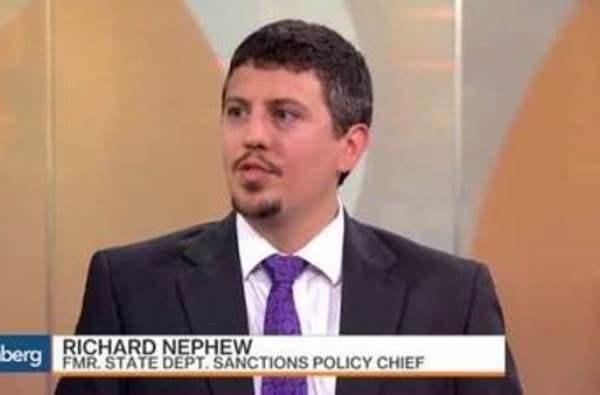Richard Nephew: ‘I do not believe the United States will violate the JCPOA’
‘Allies will seek reasons if U.S. violates nuclear deal’

TEHRAN – Richard Nephew, who served as the lead sanctions expert for the U.S. team negotiating with Iran, is of the opinion that Washington would not violate the nuclear deal with Iran.
“I do not believe the United States will violate the JCPOA,” Nephew, now a fellow at the Center on Global Energy Policy at Columbia University, tells the Tehran Times in an exclusive interview.
Nephew says even if the United States violates its commitments under the Joint Comprehensive Plan of Action then its allies will be asking “why and for what reason”.
Following is the text of the interview with Nephew:
Q: What is your prediction about the future of the JCPOA?
A: I believe that the United States and Iran will continue to implement their obligations under the JCPOA, as both have a national interest in the benefits they each receive from the deal. Of course, that does not mean there will not be issues of implementation along the way. That is simply to be expected from such a complex, long-term deal between countries that have been adversaries for so long.
“I believe that the United States and Iran will continue to implement their obligations under the JCPOA, as both have a national interest in the benefits they each receive from the deal.”Q: Iran has fulfilled all its obligations under the JCPOA but the other side, particularly the United States, has not honored its commitments to terminate all sanctions. Why?
A: I disagree that the United States or its partners have not fulfilled their duties in removing sanctions. The United States, the European Union, and the UNSC all acted in accordance with the JCPOA by terminating, stopping, or suspending the various sanctions described in the JCPOA. When some in the Iranian government said that "all sanctions" would be removed against Iran, they were in error, as the text of the JCPOA made clear. Iran certainly has had delayed economic benefits from the deal, but this is because of a complex combination of factors: Iran's own need for fundamental reforms; the low oil price; and, some concern from international banks and businesses about sanctions remaining in place against the Iranian government for its support for terrorism, violations of human rights, and support for destabilizing activities in the Middle East.
Q: Do you think the next U.S. president will respect the JCPOA?
A: I believe so, since I believe the next president of the United States will be Hillary Clinton. She has expressed her support for the JCPOA, while stressing the importance of ensuring its rigorous implementation and verification for enforcement.
Q: If the next U.S. president violates the deal, will its allies support it?
A: I do not believe the United States will violate the JCPOA. But, if it were to violate the JCPOA, the issue for its allies will be why and for what reason.
JH/PA
